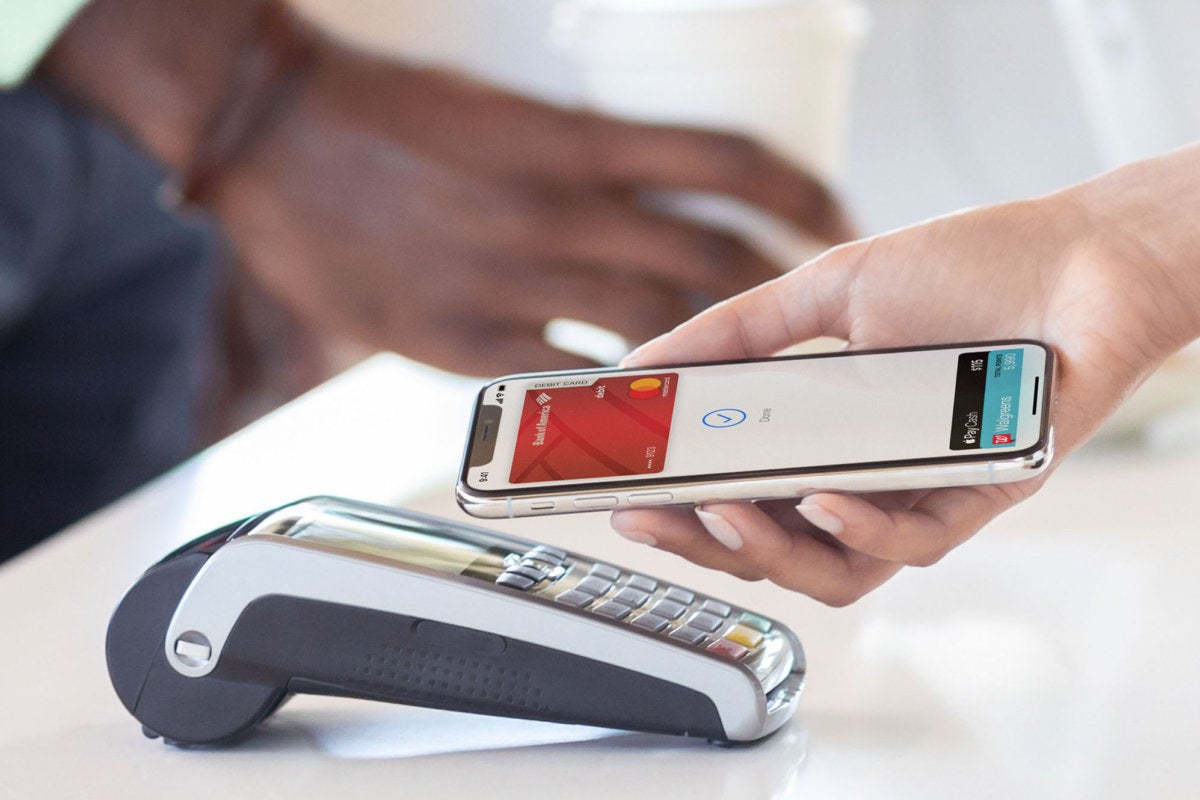Physical Address
304 North Cardinal St.
Dorchester Center, MA 02124
Physical Address
304 North Cardinal St.
Dorchester Center, MA 02124

Apple Pay, the popular mobile payment system developed by Apple, has recently come under scrutiny for its lack of competition in the market. This has led to calls for Apple to open up its platform to more rivals, allowing for a more diverse and competitive landscape in the mobile payment industry.
One of the main causes driving the need for more competition in Apple Pay is the accusation of unfair competition by the EU competition regulator. The regulator argues that Apple’s restrictions on the use of Near Field Communications (NFC) technology by other companies in mobile payments prevent fair competition in the market. This accusation has sparked further scrutiny in the US, with the Consumer Financial Protection Bureau also investigating Apple’s mobile payments business.
Apple’s decision to offer to open up its NFC technology to mobile payment rivals is seen as a response to the mounting pressure to settle antitrust charges. The company hopes that by making this offer, it can avoid heavy fines and resolve the ongoing investigations into its business practices. The EU regulators will now review the offer and consult with competitors and customers to determine if it goes far enough to address the antitrust concerns.
Apple Pay’s popularity in Europe is another factor contributing to the need for more competition. With support from over 2,500 banks, the majority of retailers, and numerous challenger banks, Apple Pay has established itself as a dominant player in the mobile payment market. However, its exclusivity on the iPhone, where it is effectively the only mobile payment system supported, has raised concerns about monopolistic practices and limited consumer choice.
The increasing intensity of regulation surrounding big tech companies, including Apple, has also played a role in the push for more competition in Apple Pay. Regulators are scrutinizing the walls around tech giants’ various services, including their payment systems and app stores. As a result, Apple recognizes the need to find a new approach to certain aspects of its business and adapt to the changing regulatory landscape.
While facing pressure to open up to more competition, Apple can leverage its advantages in user interface design to maintain its position in the market. The company’s focus on delivering a superior user experience, as demonstrated by the success of the Apple Card, highlights its ability to meet customer demands. By utilizing its design expertise, Apple aims to ensure that Apple Pay and Apple Wallet remain the preferred options for most users.
The need for Apple Pay to open up to more competition has far-reaching implications for the mobile payment industry. If Apple were to embrace more rivals and allow for greater access to its NFC technology, it could foster innovation, encourage new entrants, and provide consumers with a wider range of choices. This increased competition could lead to improved services, better customer experiences, and a more dynamic and diverse mobile payment ecosystem.
The opening up of Apple Pay to more competition in the mobile payment industry is expected to have significant effects on various stakeholders and the overall market. This move has the potential to reshape the landscape and bring about positive changes in terms of innovation, consumer choice, and market dynamics.
One of the primary effects of introducing more competition in Apple Pay is the stimulation of innovation. With new players entering the market and having access to Apple’s NFC technology, there will likely be a surge in the development of new payment services and features. This increased competition will drive companies to differentiate themselves by offering unique and improved solutions, ultimately benefiting consumers with more innovative and user-friendly options.
Opening up Apple Pay to more rivals will expand the range of mobile payment options available to consumers. With increased competition, users will have the freedom to choose from a wider selection of payment services that cater to their specific needs and preferences. This enhanced consumer choice will promote healthy competition among providers, leading to improved services, better pricing, and increased convenience for users.
By allowing more companies to utilize Apple’s NFC technology, the barriers to entry for new players in the mobile payment market will be significantly reduced. This can foster a more inclusive and competitive environment, enabling smaller startups and challenger banks to enter the market and offer their innovative solutions. Lower barriers to entry can lead to increased entrepreneurship, job creation, and a more diverse ecosystem of payment providers.
Apple’s decision to open up Apple Pay to more competition is a response to the regulatory pressure it has faced. By making this move, Apple aims to address antitrust concerns and avoid hefty fines that could be imposed by regulatory authorities. Achieving regulatory compliance will not only benefit Apple but also contribute to a more transparent and fair mobile payment industry.
The introduction of more competition in Apple Pay is expected to have a positive impact on the overall mobile payment market. Increased innovation, consumer choice, and market competition will likely drive growth in the industry, attracting more users to adopt mobile payment solutions. This growth can also have a ripple effect on related industries, such as retail, as businesses adapt to accommodate the evolving payment landscape.
The effects of Apple Pay opening up to more competition extend beyond the immediate impact. This move sets a precedent for other tech giants and mobile payment providers, potentially leading to similar initiatives in the future. The transformation of the mobile payment industry will continue as companies adapt to changing regulations, consumer demands, and technological advancements.
In conclusion, the opening up of Apple Pay to more competition is expected to bring about positive effects in terms of innovation, consumer choice, market competition, and industry growth. By embracing more rivals and allowing access to its NFC technology, Apple is taking steps towards creating a more diverse and dynamic mobile payment ecosystem.
If you’re wondering where the article came from!
#